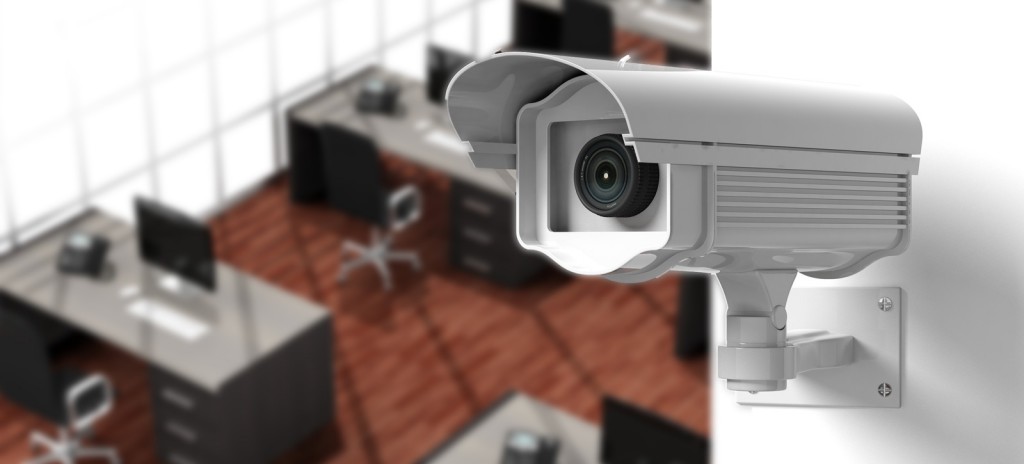What To Know About Employees Rights and Surveillance Systems

Many employees, lawyers, and activists are concerned about the potential loss of privacy rights at work. This is especially true as more establishments institute video surveillance systems to prevent theft and other issues. If this is a concern of yours, here are some facts that can help you get situated with where the topic stands.
They Are Common
In recent years, many businesses have begun installing hidden cameras. The number of these cameras is continuing to increase as businesses uncover their many functions and benefits.
They Serve Many Functions
Most companies invest in a video surveillance system to protect against theft, violence, or sabotage. Aside from this, they are a great way for employers to keep tabs on their employees. Most firms that use these systems for any purpose notify their employees ahead of installation.
They Can Violate Privacy Rights
Unfortunately, as more employees are being watched, there are more lawsuits over privacy rights violations. There are four types of violations that can damage a business if it is taken to court. This includes videoing employees in bathrooms or changing areas, publishing private matters, disclosing medical records, and blackmailing an employee. Additionally, any videos of the working area must only consist of pictures, meaning no audio is allowed to protect employee privacy. The employer’s responsibility is to ensure their system adheres to these guidelines and does not violate privacy rights.
It Is Possible To Not Violate Employee Rights
Employers can avoid violating employee rights by ensuring they understand them. Then, they should notify all employees that they will be conducting surveillance and get them to sign a waiver.
The employer’s responsibility is to ensure that their video surveillance system does not violate an employee’s rights. Otherwise, they could end up in a lawsuit over a violation of privacy rights. Despite this potential threat to a business, they are becoming more common because they serve various crucial functions.
